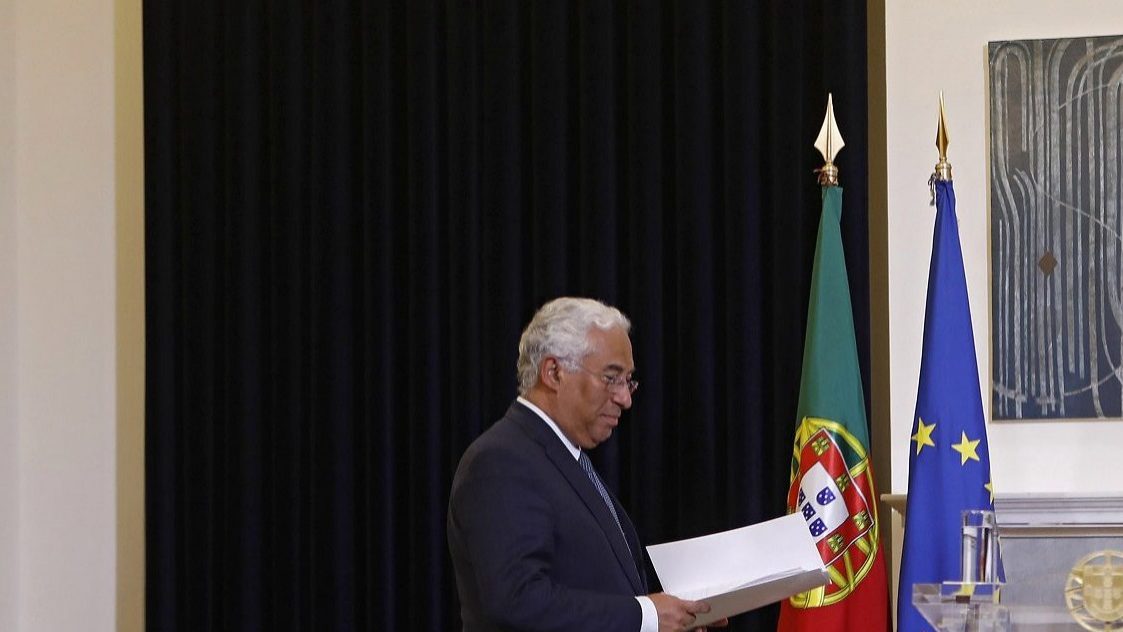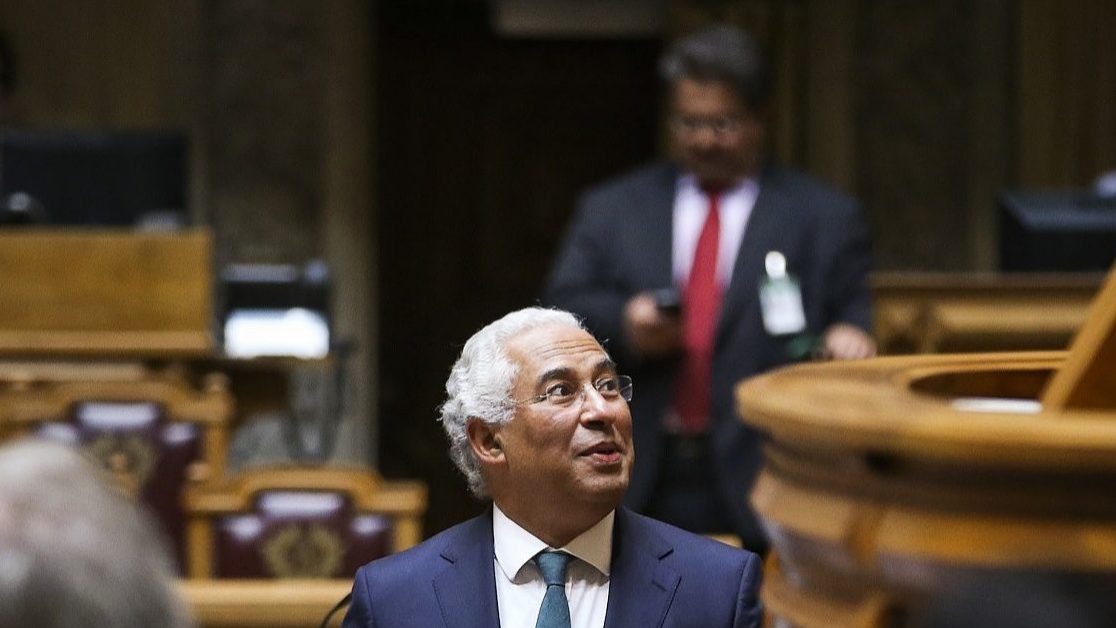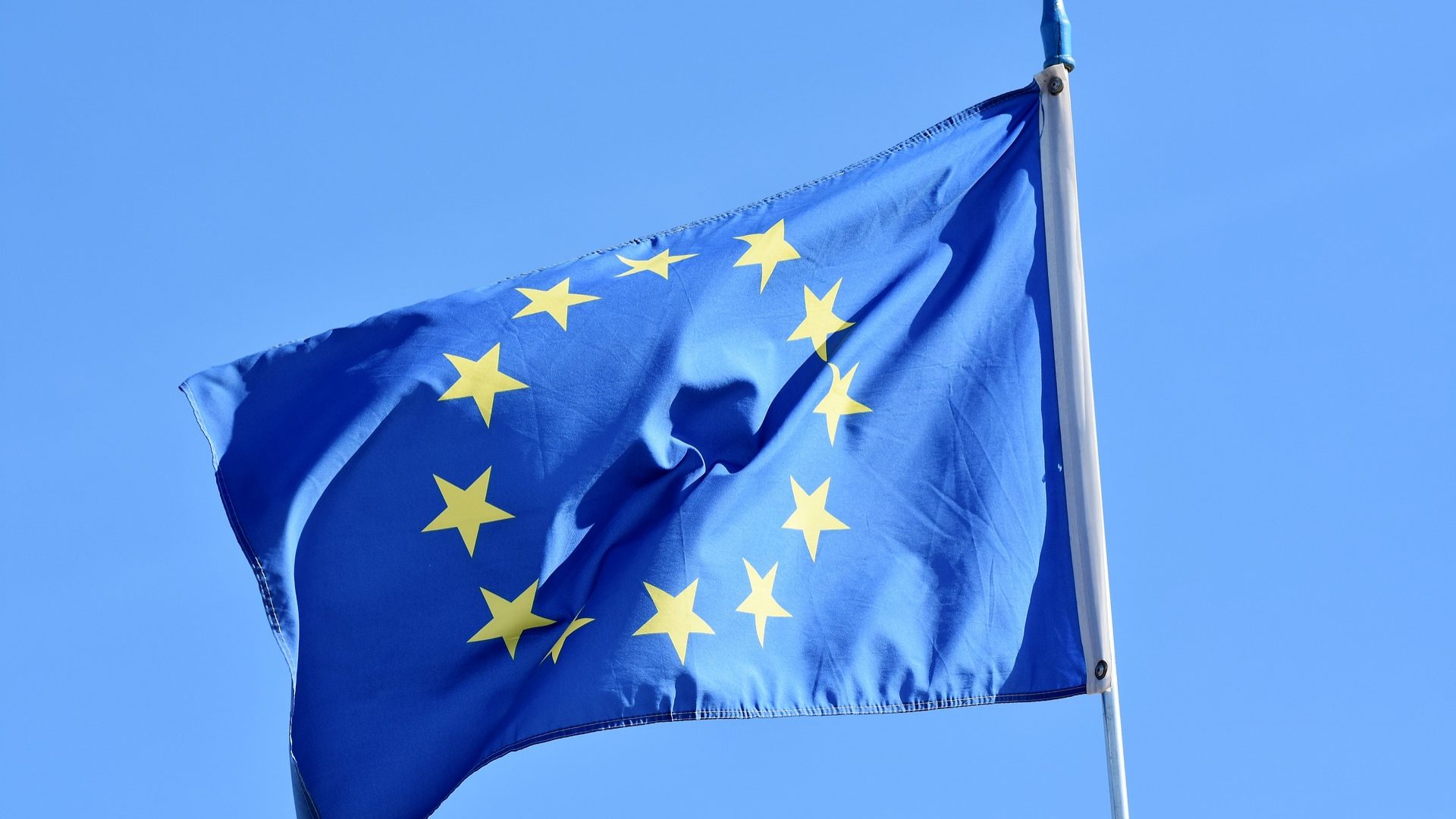Budget bill offers extra €1.2B to support businesses
António Costa has said that his government's draft State Budget for 2022, among the tax cuts and subsidies it contains, provides for an extra €1.2 billion to support businesses and families.
Portugal’s prime minister, António Costa, has said that his Socialist government’s draft State Budget for 2022, among the tax cuts and subsidies it contains, provides for an extra €1.2 billion to support businesses and families to cope with the crisis caused by the war in Ukraine.
The information is contained in a video message from Costa on the budget bill approved at an extraordinary cabinet meeting on Tuesday, to be submitted to parliament on Wednesday by the minister of finance, Fernando Medina.
“The war in Ukraine still demands new answers from us,” said Costa in the message. “The State Budget proposal allows us to finance the set of measures we have adopted to mitigate the increase in the prices of energy and agri-food goods and to contain inflation.”
According to Costa, “between tax cuts and subsidies, the draft budget provides more than €1,200 million in support for companies and families to address the crisis opened with the war in Ukraine.
“This is, therefore, a budget of concrete responses and that moves us forward,” he goes on. “A budget adjusted to the new situation, without ever deviating from the structural objectives and without abandoning the path of responsible budgetary consolidation, with sound accounts.”
In the message, Costa begins by noting that “five days after the government took office” he was already (on Wednesday) submitting the 2022 budget bill to parliament “so that it may be discussed and approved as soon as possible.
“This budget maintains the priorities we presented at the end of 2021, because we maintain the same strategic objectives and the same ambition for the country: to accelerate growth and strengthen social cohesion,” he states. “It is a budget aimed at the middle class, focused on young people and friendly to investment and that fulfils all the commitments we have made.”
The prime minister then pledges that the government will “finally implement the extraordinary increase in pensions, effective from 1 January” – that is, with retroactive effect.
“We are going to reduce taxes on the middle class, by dividing the tax brackets, and exempt 170,000 families with lower incomes from personal income tax,” he states. “We are going to increase threefold the scholarships for young people who intend to do master’s degrees and reduce the taxes for those who start working, reinforcing and extending the youth IRS” – a reference to pesonal income tax relief for people starting out on their careers.
These measures were among those promised in his Socialist Party’s campaign for the legislative elections that took place on 30 January, in which it secured a majority in parliament for only the second time in its history.
In the message, Costa also stresses that the budget contains measures to “increase the resources of the National Health Service” – the SNS – and to “strengthen support for children with the beginning of general free day care centres.
“We will start with children in the first year, and with the creation of the child guarantee, which will allow us to lift 120,000 children out of extreme poverty,” he says.
As for companies, the prime minister promises that the government will “continue to support their growth and consolidation” – citing as examples the “fiscal incentive to recovery [to stimulate private investment] and the end of the special [advance tax] payment on account, relieving the cashflow of small and medium companies.”
In the budget bill the fiscal framework will be improved to “promote entrepreneurship and the establishment of talent,” he says.
“Along with private investment, this budget also reinforces public investment,” he adds. “And it materialises the transformative reforms and investments of the Recovery and Resilience Plan” under which European Union post-pandemic recovery funds are to be spent.


